The battle between Florida Governor Ron DeSantis, the board of the Central Florida Tourism Oversight District (formerly Reedy Creek Improvement District), and Disney continues — and there have been some NEW developments.
Earlier in 2023, Disney filed a federal lawsuit against DeSantis and members of the board of the District arguing that there has been a violation of Disney’s federal rights. Basically, Disney has alleged that DeSantis has waged a “relentless campaign to weaponize government power” against Disney to punish them for their political views. We’ve seen a number of actions taken in the federal case over the last few months, but now there’s something NEW to tackle.
For context, back in June, DeSantis and the Board filed their own motions to dismiss the federal lawsuit. Essentially, these are motions that ask the Board to throw the case out of court. DeSantis argued that he could not be sued because he doesn’t enforce the laws at issue. He claimed that sovereign immunity and legislative immunity prevented him from being held liable.
The Board made some different arguments, including that the case should be stayed until the state court lawsuit that the Board filed against Disney is resolved.
Later in July, Disney filed a response to the motion to dismiss. According to CNBC, Disney argued various things, including that DeSantis’ claims of legislative immunity are “incorrect” since the lawsuit addresses DeSantis’ executive acts.
So what’s the latest development? Well, recently, both DeSantis and members of the Board filed replies to Disney’s arguments regarding the motion to dismiss.
DeSantis’ Reply
DeSantis claims that one of Disney’s arguments is “fatally imprecise.” Specifically, the Governor argued that he did not “strip Disney of any voting rights” within the District by “appointing anyone; the Legislature did that when it repealed” the Reedy Creek charter.
DeSantis’ reply emphasizes once again that the Governor doesn’t have the “specific, formal power to enforce the challenged laws.” Because of this, DeSantis argues that Disney cannot successfully sue him.
DeSantis argues that Disney’s ability to sue him doesn’t depend on whether or not he has “informal influence” over the Board, but rather on whether he has the formal power to enforce a challenged law.
According to DeSantis, Disney seems to suggest that the Governor will “indirectly” coerce the new Board to do what he wants because he can suspend them from their positions. But DeSantis argues that Disney doesn’t directly allege that he’ll use his authority to suspend Board members who don’t follow his commands.
Instead, DeSantis says that Disney’s complaint only “highlights the commonsense fact that Governor DeSantis has appointed Board members with similar views on how best to regulate tourism in central Florida.” But he says that alone isn’t enough.
He goes on to talk about sovereign immunity and legislative immunity. DeSantis alleges that Disney now only claims to challenge the Governor’s executive actions (his ability to appoint Board members and “purported control” over the Board), instead of his actions in coordinating the passage of the laws that changed the Reedy Creek District and otherwise impacted Disney.
In the response, DeSantis’ attorneys write “The Governor welcomes Disney’s surrender on all of its claims challenging his legislative acts.” They then ask the Court to throw out the case or at least the claims against the Governor and the Secretary.
Board’s Reply
But wait…there’s more. In a substantially lengthier reply, the Board has responded to Disney’s arguments too.
First and foremost, the Board argues that there is an unsettled question of state law at issue, so the federal court shouldn’t get involved. They want the state court lawsuit (which the Board filed against Disney) to be finalized first because they believe it could materially impact some of Disney’s claims in the federal lawsuit.
They also argue that this case should be heard in state court, instead of federal court, due to a clause that was in some of the Disney agreements at issue.
And that’s not all. The Board also claims:
- Disney’s Development Agreement and Restrictive Covenants (which were agreements entered into with the prior Board of the District) were never valid
- Even if they were valid, the declaration of the new Board saying they were invalid and the senate bill passed impacting them didn’t impair them in a way that violated the contracts clause
- Disney’s claims that their First Amendment rights were violated are “meritless”
- And MORE
So…what now? Well, the next step would likely be to have a hearing on the matter, after which point the judge on the case can decide whether the case (or certain parts of the case) may or may not move forward.
And we can’t forget that the state court case filed by the Board against Disney is still pending. In that lawsuit, a Judge recently DENIED Disney’s attempt to throw the case out of court, so that case will be allowed to move forward.
A Disney spokesperson previously said, “We are fully confident Disney will prevail in both the federal and state cases.” We’ll have to see whether that confidence plays out and just how these cases are resolved. In the meantime, we’ll continue to watch for updates and let you know what we find. Stay tuned for all the latest news.


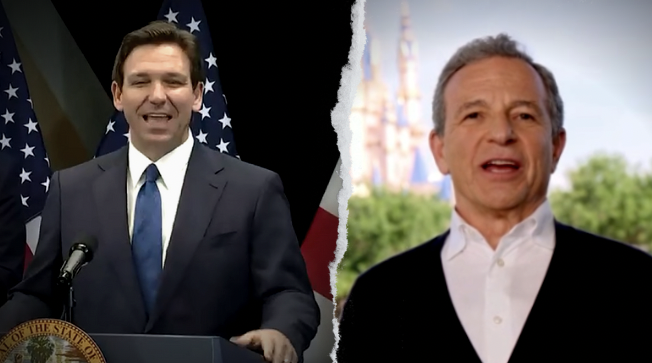

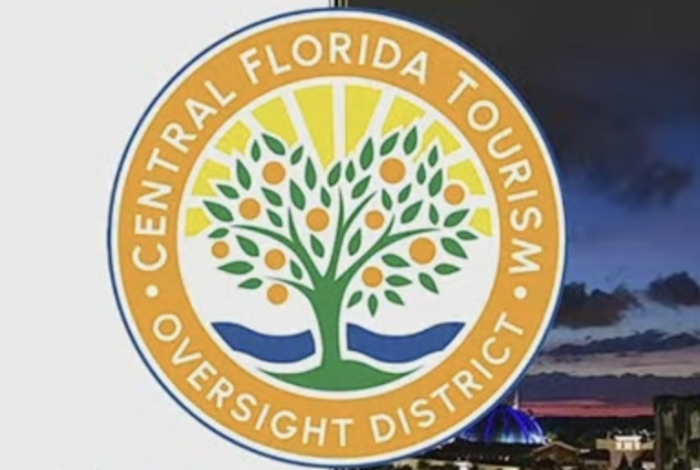
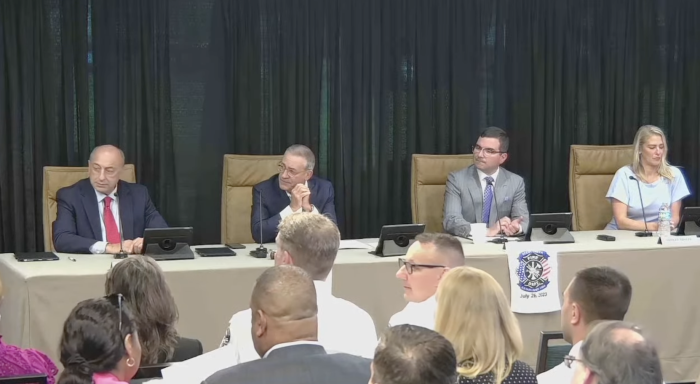



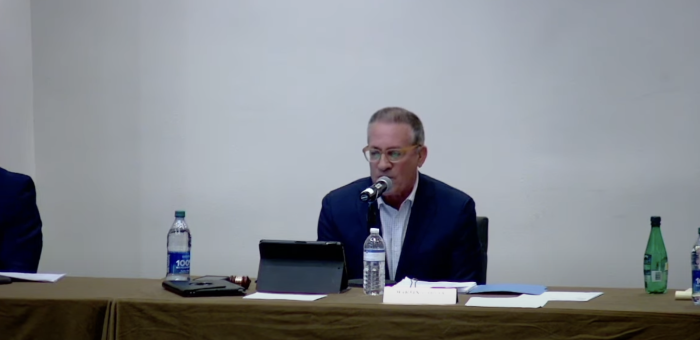
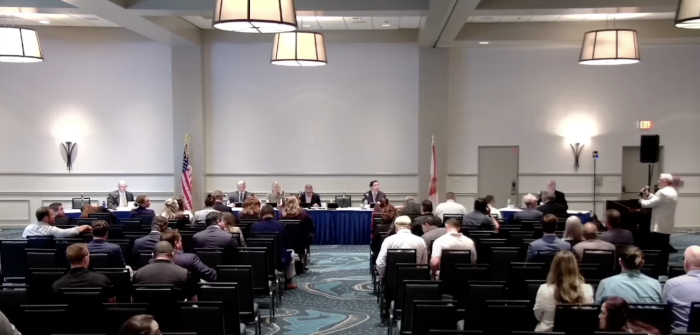
















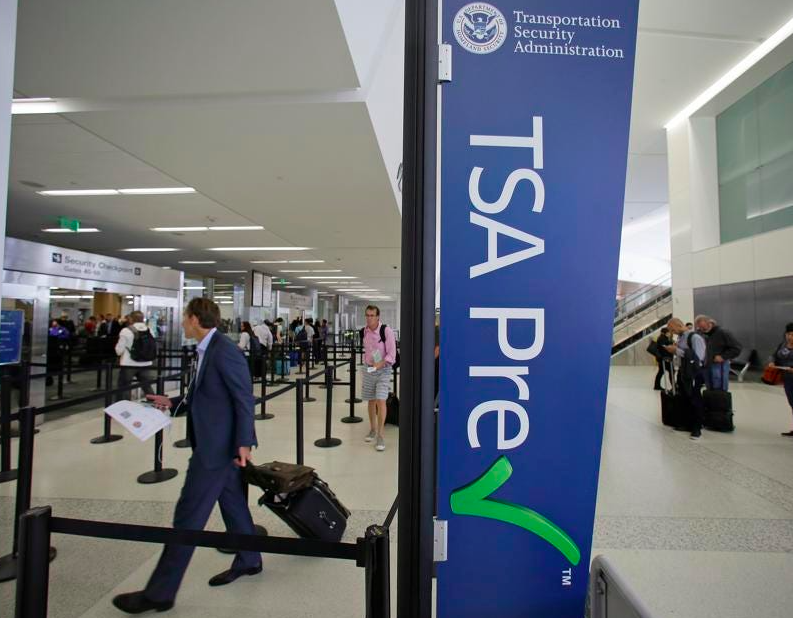



 Our handy (and portable!) ebook guides make sure you get the best deals and can plan a vacation of a lifetime.
Our handy (and portable!) ebook guides make sure you get the best deals and can plan a vacation of a lifetime.

Nice try Ron, but this desperate and feeble response is about as strong as your crumbling campaign for the Presidency.
I think after every article written about DeSantis fighting Disney should be a amount of how much tax payer money he’s spending on this to date. Maybe then the voters would get smart.